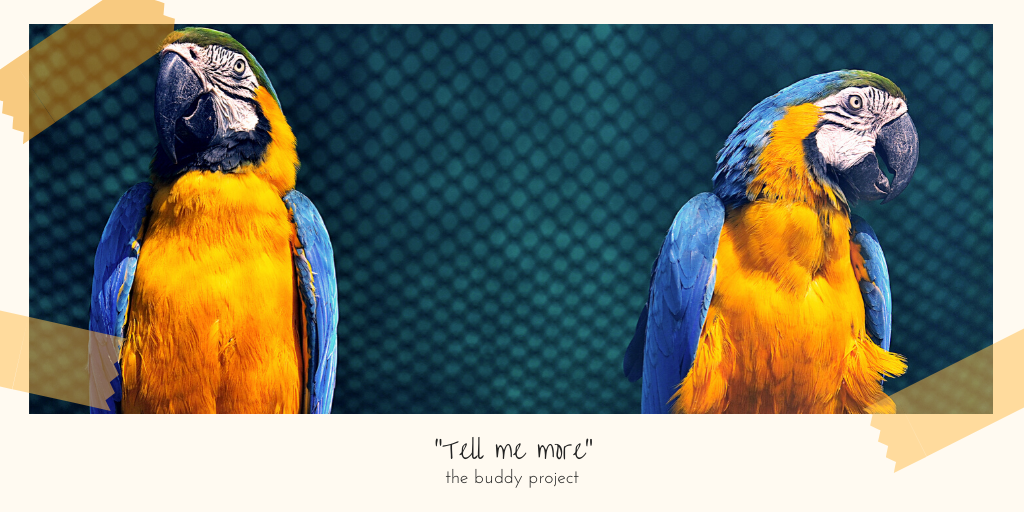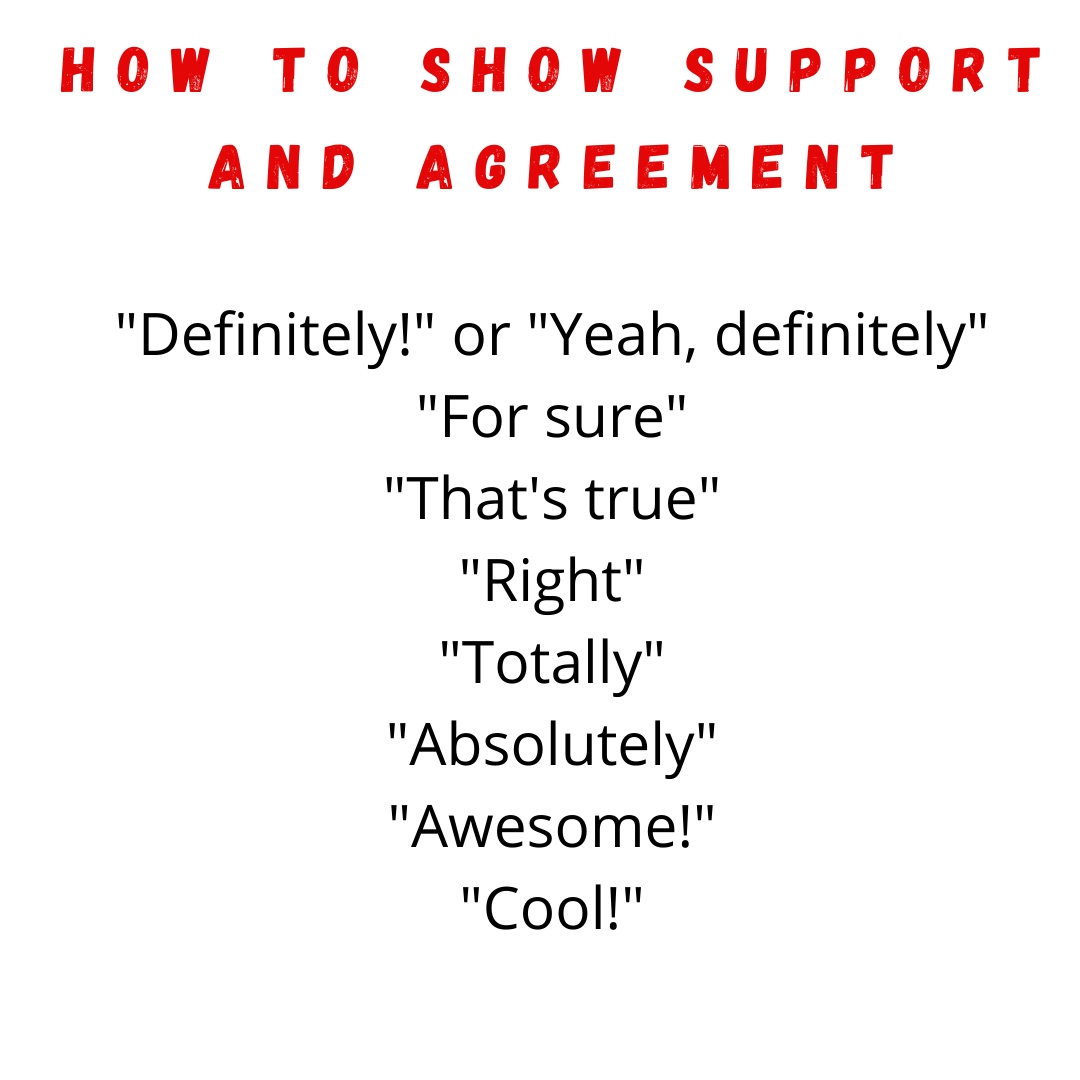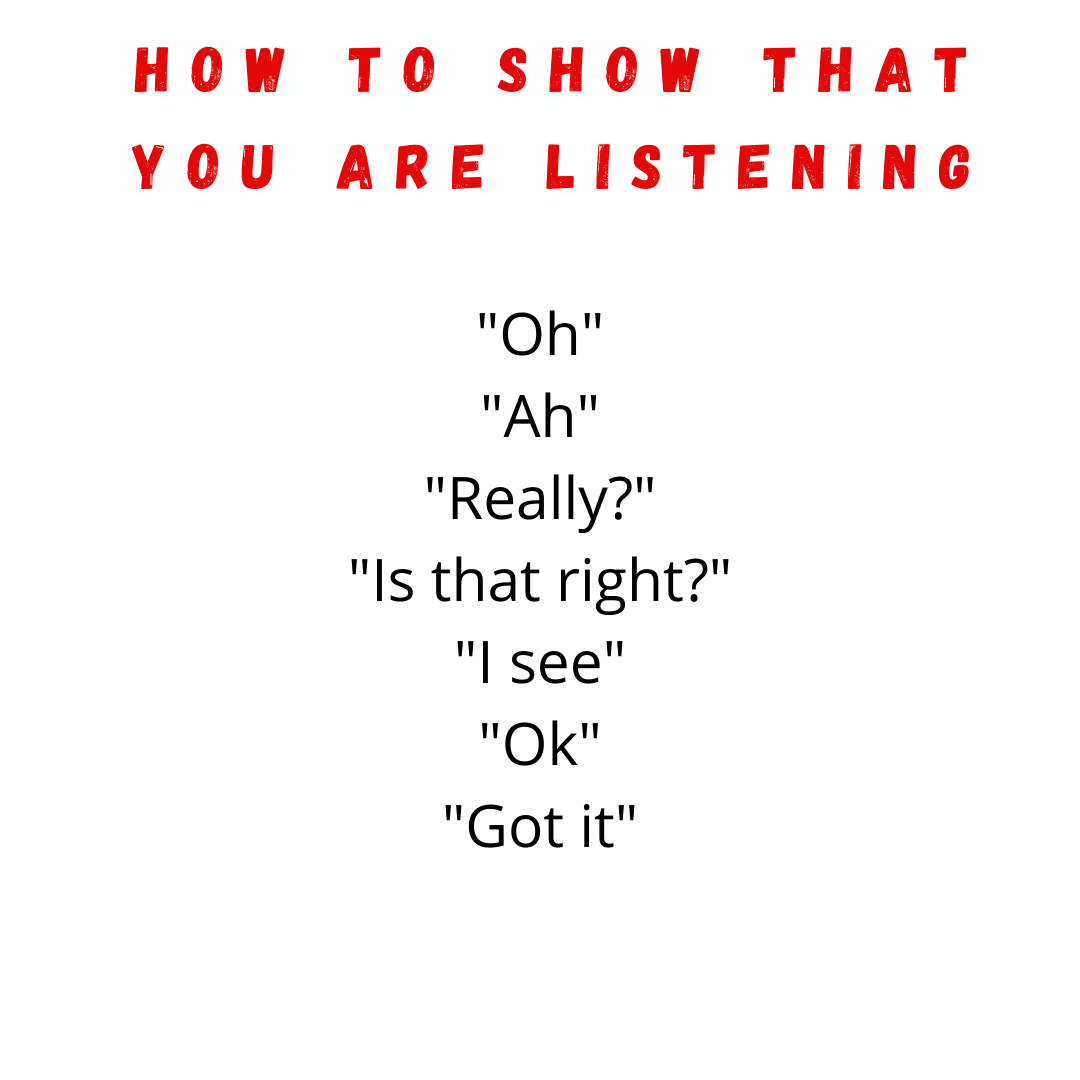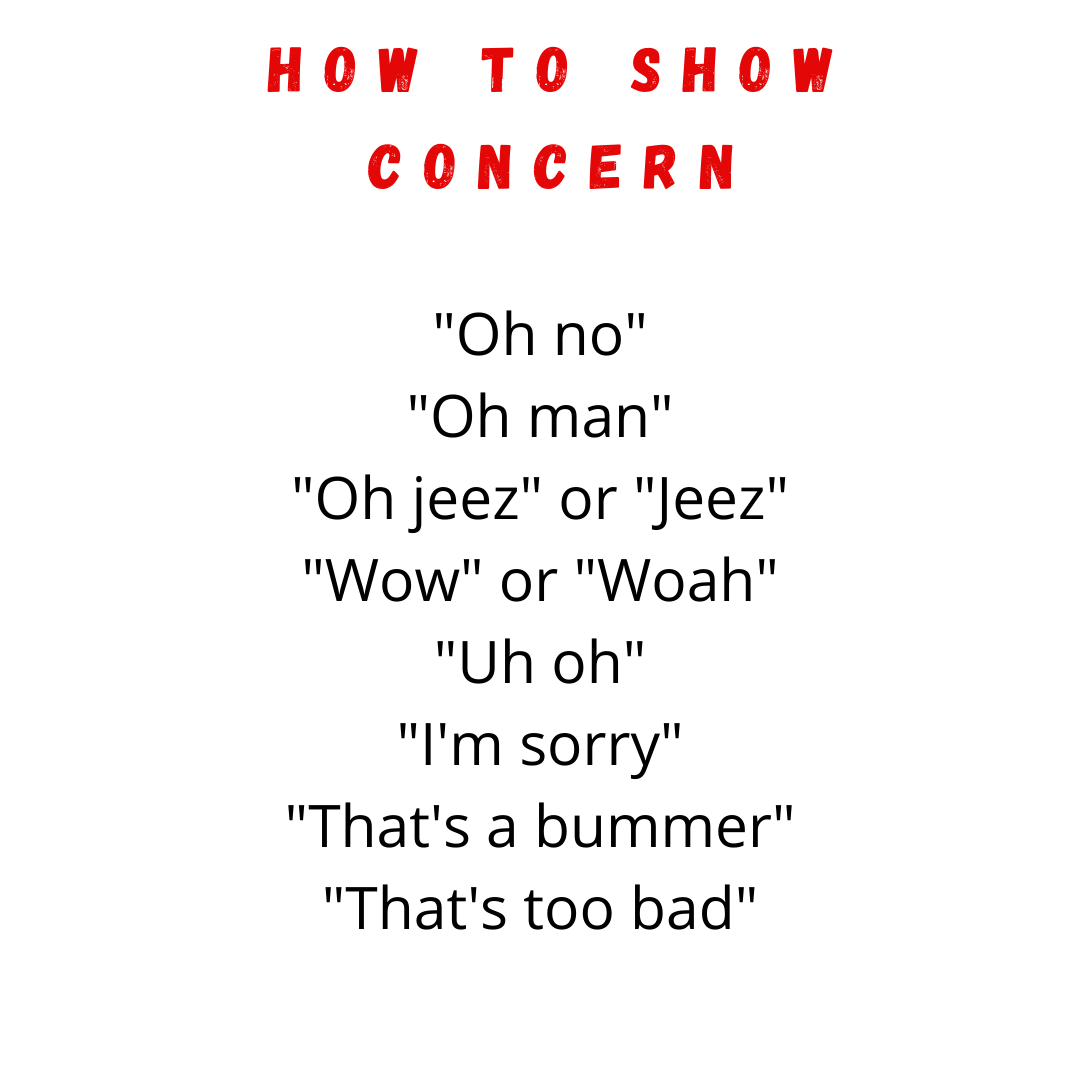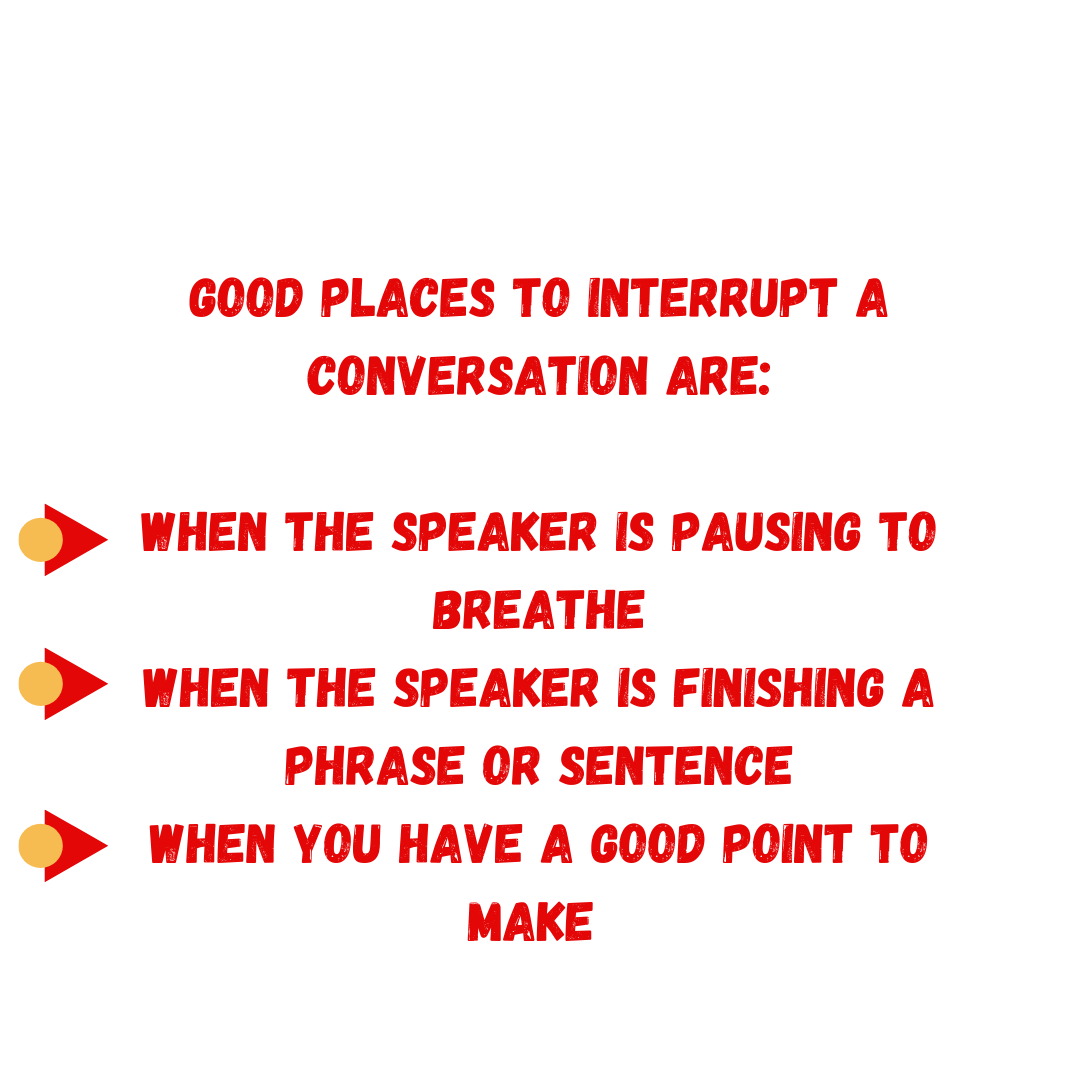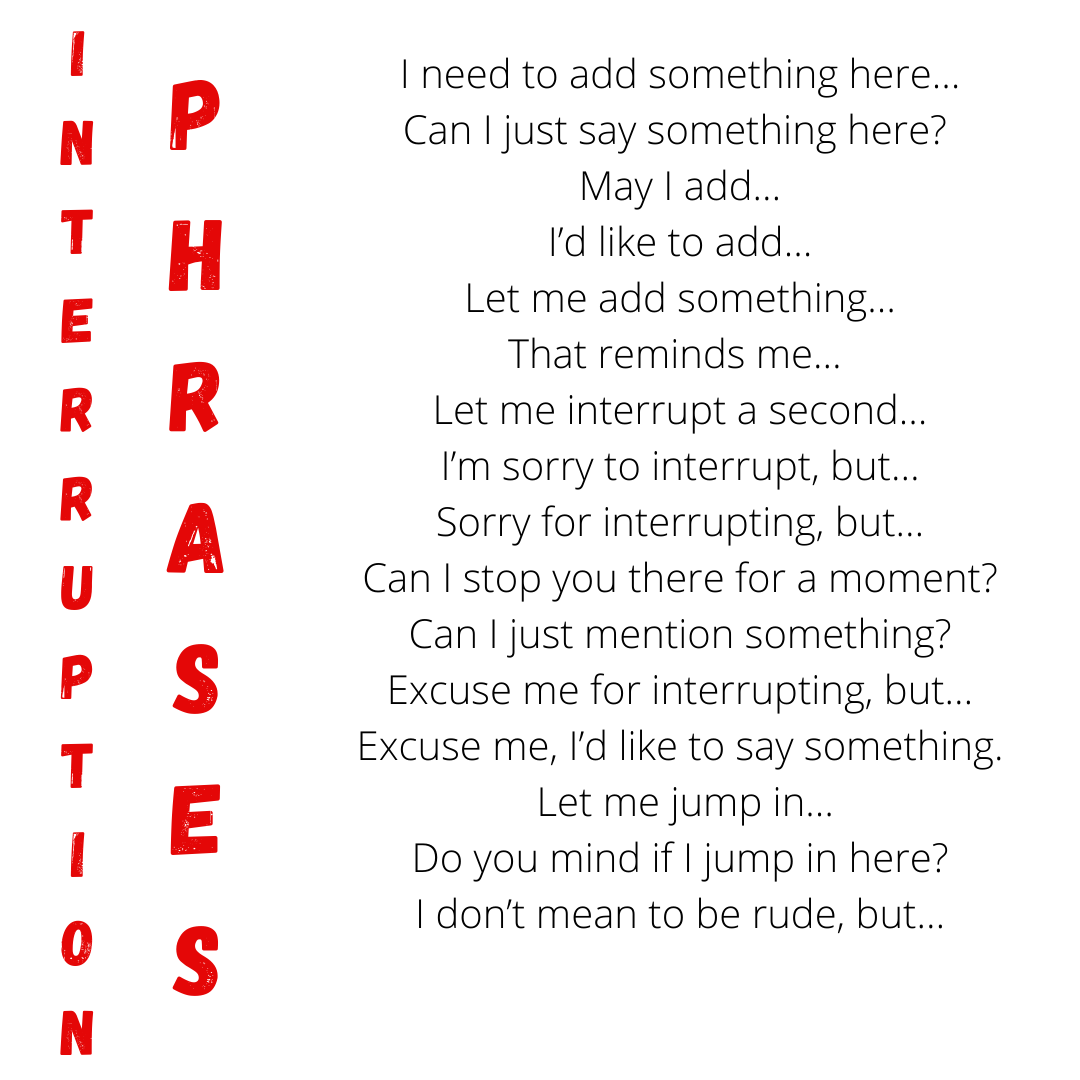|
I would like to thank you very much for the hard work on this project. I am really glad that almost all of you have got to the end. I must admit that my project coordination wasn’t the best, and there’s some room for me to improve in this area. The circumstances were also working against us but having said that I also need to highlight how incredibly informative for me as a teacher this project was. your questions&recordingsYour questions were good and your recordings too. I especially appreciate the ones which were direct talks to the camera. I think it takes a lot of guts to start a camera, record a talk and send it to a total stranger. Well done, all of you who decided to do that. To those who weren’t that brave - well, I do hope that it will be your next step. I strongly encourage you to do that. There’s no progress without leaving your comfort zone. your feedbackThe feedback you received from your buddy will be sent to you in an email. But I really feel I need to share a few tips on How to give feedback
THE GUIDED TALKI enjoyed watching these videos a lot. And again, videos - not audio recordings. I have learnt a few things from them. 1. Working with your buddy has got different dynamics than working with your teacher. Your teacher is primarily interested in you getting your message across, and your language partner not necessarily. And this is how it is supposed to be. When you talk with your buddy, both of you are interested in your own performance, focus on your shortcomings and your communication. That’s why working with your buddy gives you a bit more insight into your communication skills. My suggestion here is to continue working with a buddy. Maybe a different buddy, maybe in a less intensive way but still. 2. Learn the words, phrases or vocal signals to show that you are listening. There’s very little of that used in your conversations. It would be a good idea to make a list of all these expressions and try to incorporate them on purpose during your talks. The expressions could be as such 3. Do not go on and on about something. I am trying to remind you this every time we’re having a guided dialogue task in the lesson - use 3 sentences and throw a ball to your partner’s court. Do not dominate the conversation. If your story needs more than 5 sentences, go ahead but do not make it a habit. Also, try to check during your talk if a person has a similar knowledge, experience, beliefs - and then come back to your original story. 4. Do just sit in silence listening to your buddy. It might happen that your buddy is far more talkative than you but you need to learn how to interrupt a person otherwise you’re being dominated in a conversation and lose your engagement and interest. If you are a participant of such a conversation you need to act. Look for the moments that your partner takes a pause, finishes a sentence or a thought and grab the opportunity to say something. 5. Write down the words or phrases that you had problems with during your talk. In the conversation, it might happen that you don’t know or don’t remember the word of the cuff. Then it would be good to write these words down and look them later up in a dictionary. Do not overdo it, though. Focus on max 5 words.
6. Record and watch your talks. I would suggest a very short sample like a minute or so. Watch it and think about what you can improve. Especially look for the words that you often repeat and try to look up the synonyms afterwards. 7. If you decide to continue your cooperation with your buddy, and let’s say meet twice a month, it is good to come a little bit prepared for these meetings. You can either do some reading before the talk to familiarize yourself with a topic - this solution is great, but let’s be honest - a little bit time-consuming. So if you don’t have a lot of time on your hands prepare 5 words or even better, phrases that you would like to use during the talk and practise. Comments are closed.
|
Archives
June 2024
Categories
All
|
